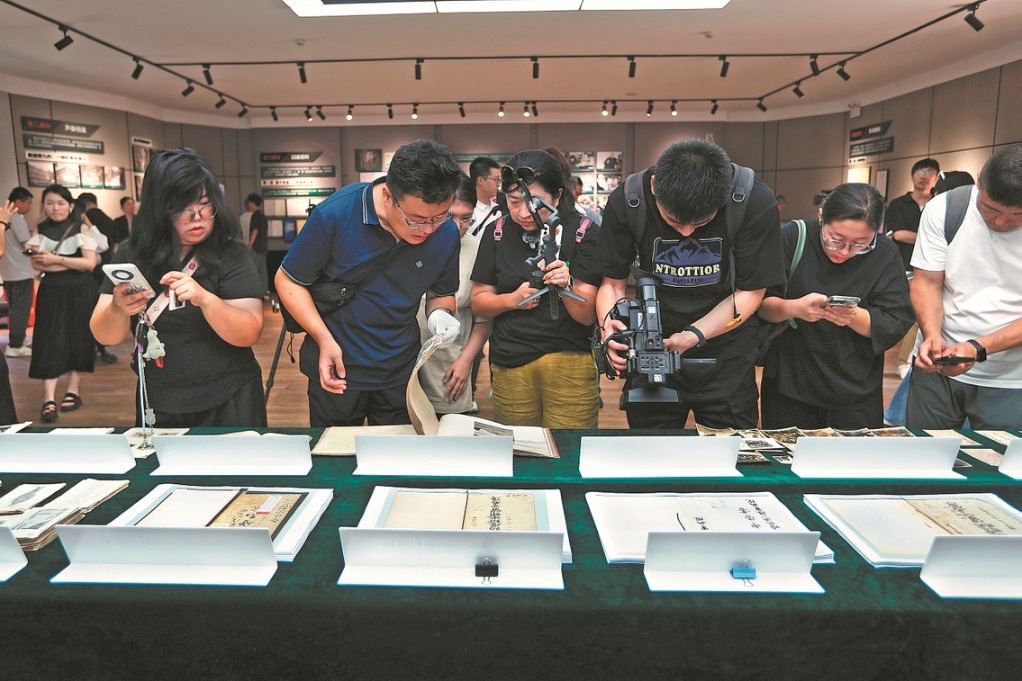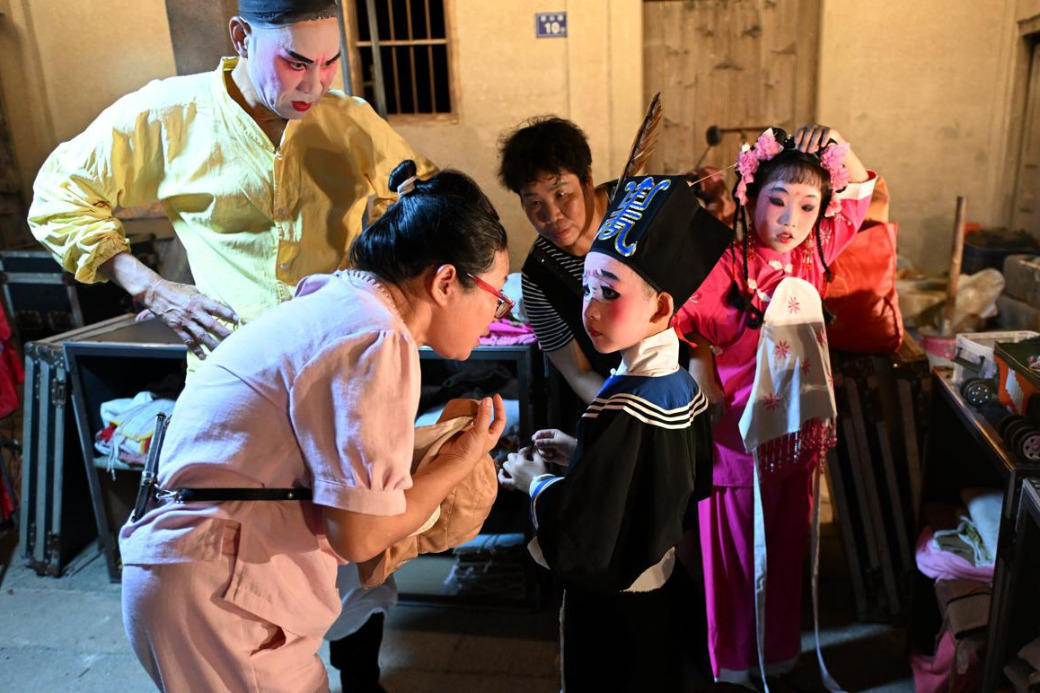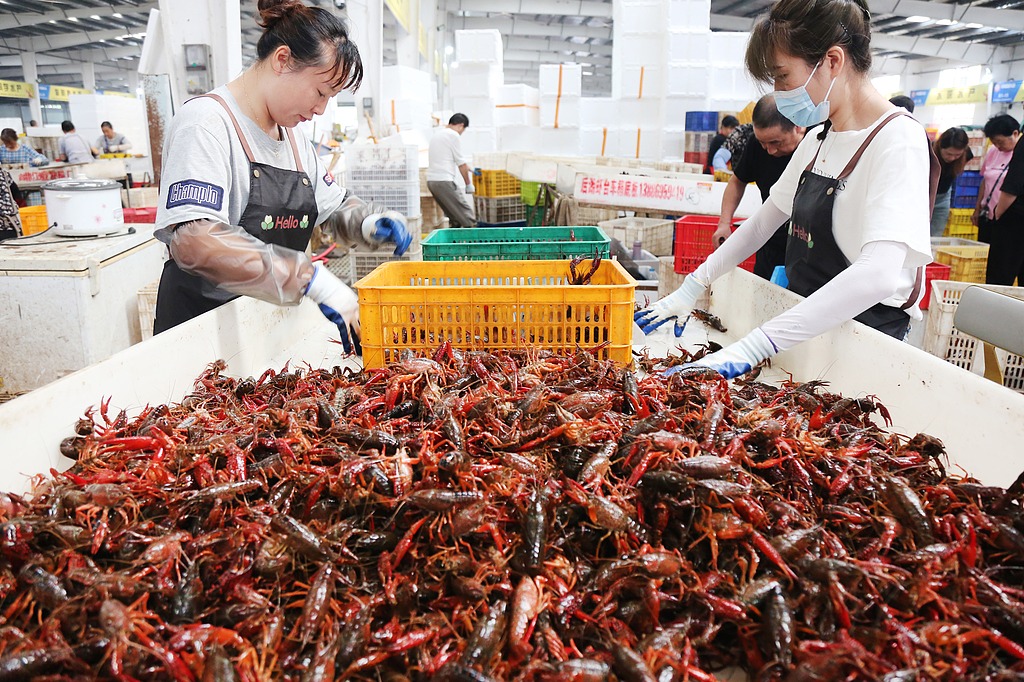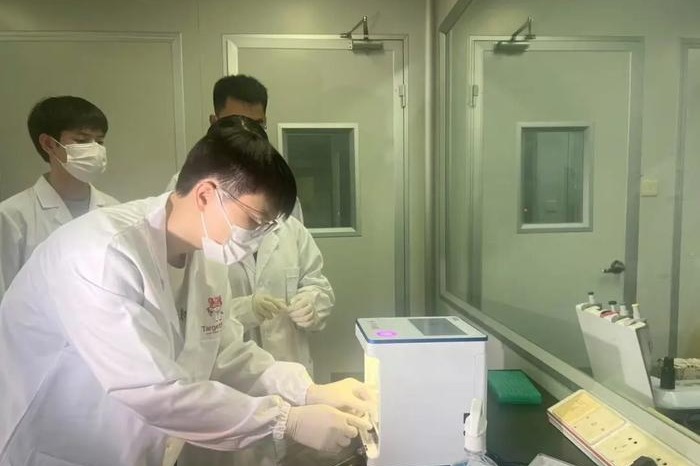Hospice care comforts dying, families
Pain, depression can often be treated, restoring dignity in final days, Wang Qian and Hu Dongmei report in Yinchuan.

Just as with many grandmothers in China, 54-year-old Dong Fengju's routines include caring for her grandson and dancing in public squares. The only difference is when pain visits every now and then, it reminds her that she's a cancer survivor.
After being diagnosed with terminal breast cancer in November 2006, Dong, from Yinchuan, capital of the Ningxia Hui autonomous region, had a mastectomy. All her right breast tissue was removed. Recovery from the surgery was long and challenging, not only physically but also financially. Her husband, the only one who could work, has had to support her and their two sons.
"During that time, I even had to borrow 860 yuan ($120.50) for my monthly fee for medicines to treat chronic pain," Dong recalls.
When she heard that the People's Hospital of Ningxia Hui Autonomous Region had a hospice unit providing free service for terminal cancer patients, Dong immediately applied for the home-based holistic care. Holistic medicine aims to treat both the mind and body as a complete system, rather than being concerned with only one part of patient care.
Although she still feels pain, the painkillers provided by the hospice help her get through it and get back to normal activities.
Unafraid of talking about death, Dong says she feels satisfied that she has had an acceptable life following her surgery.
"The caring service from hospice medics has given me another life," Dong says.
Since it opened in 2009, through May of this year, the hospice treated 4,246 patients in Yinchuan. It has taken more than 17 million yuan to operate the hospice during that time, according to Wu Xiaodong, director of the eight-member hospice unit.
As a part of the Heart of Gold National Hospice Service Program, created with support from the Li Ka Shing Foundation, the hospice was set up under the People's Hospital of Ningxia Hui Autonomous Region. Its aim has been to offer impoverished, terminally ill patients free pain medications in their homes, nursing care, bereavement support and psychological counseling.
The Heart of Gold program, which started in 2001, manages 19 hospice units across the country, serving an average of about 16,000 patients a year. The Li Ka Shing Foundation, a charitable group founded by Hong Kong entrepreneur Li Ka-shing in 1980, focuses on advancing social progress through education and healthcare.
According to the World Health Organization's country profiles for cancer, released in 2020, China had nearly 4.29 million new cases of cancer in 2018. The number has steadily increased, with an estimated 4.82 million new cases of cancer last year, according to a study by researchers from the Chinese Academy of Medical Sciences and Peking Union Medical College published in the Chinese Medical Journal in February 2022.
Cancer, one of the most common causes of death in China, creates a burden that is on the increase as the average age of the population increases.
"Our service not only improves the quality of a patient's life, but also eases their financial burden," says Wu, director of the Yinchuan unit. "Unlike traditional medical treatment, palliative care mainly focuses on providing relief from pain and other symptoms of a serious illness."
Wu adds that for some end-of-life patients and their families, unnecessary treatment can be devastating, and can also be a waste of medical resources.
In the past 14 years, Wu has seen many terminal patients in extreme pain, who say they feel like they are a burden to their family and want to end their suffering with dignity. One of them was a woman identified by the pseudonym Wang Lixia at her family's request. She had terminal cervical cancer.
In her last days, Wang told hospice staff members that the severe pain was like "thousands of ants biting the bone". Wu, who saw the patient at the hospital last month, went through all her medical records and was ready to provide her home holistic service. Wang's condition worsened that night, however, and she died the next day, Wu says.
As a doctor, he is used to dealing with death, but Wu says he still feels regret over Wang's loss.
"When I told her that I could relieve her pain, I saw hope in her eyes," Wu sighs, adding that palliative care is still a concept new to the public.
For cancer patients who have reached the terminal stage, Wu says, a tumor pressing on nerves, bones or organs can make severe pain even harder to tolerate. Palliative care aims to manage the physical pain first and then provide psychological support as part of the same effort, he says.
Wu adds that such patients usually have mental health issues, such as a fear of death and the guilt about being "a burden", which may worsen the physical pain. Doctors need to help them cope with those feelings, so they can get through their last moments with less trauma, he says.
Every day, Wu's team visits about five patients and, besides pain management, they set aside about an hour to talk with each patient.
These home visits over the past seven years have helped turn Li Guoqi, 80, from a depressed patient with late-stage prostate cancer to a talkative and surprisingly optimistic man.
"When I was diagnosed, doctors told me that I only had two years, but now I have lived seven years. My target is another three years, making it 10," Li says.
Lin Dongning, a social worker who works for the hospice, wrote in his service diary that his days working in palliative care have made him realize that, even when a disease can no longer be controlled, efforts are still needed to maintain people's dignity before death.
After a patient dies, Lin says, their services continue to help address the "complicated grief" that the family may confront.
"After experiencing the death of a loved one, family members may have trouble recovering from the loss and resuming their own lives," Lin says, adding that bereavement counseling is needed to help them avoid or deal with negative thoughts.
Although more than 4,000 patients and their families have received services from the hospice's workers since 2009, Wu says, comparing that number with the total number of terminal cancer patients in Ningxia makes it clear one hospice team is far from enough.
However, lack of knowledge about palliative care means many patients don't know such services exist, according to Wu. Those who receive the hospice's services usually come from the recommendations of doctors or other patients.
"If a database could be built to cover all such patients in Ningxia, we could more easily get access to these people and spread the benefits of our services," Wu says, adding that the lack of funding and professionals also hinders the development of hospice.
The country's first hospice was opened in Tianjin in 1988. In 2021, end-of-life services were offered in 1,027 medical institutions. That is significant growth compared with 276 institutions that offered the services in 2018, according to the National Health Commission. Still, it is estimated that, even with that growth, only two or three of every 100 terminal patients are able to receive palliative care.
Wu says he hopes that more attention and support from society will be provided to this group of people, because it is an issue that matters to everyone.
"Death is a part of life, but in our culture, we avoid talking about it. Promoting hospice care, as a kind of education about death, can transform our death-denying attitude and help us better deal with death-related events," Wu says.
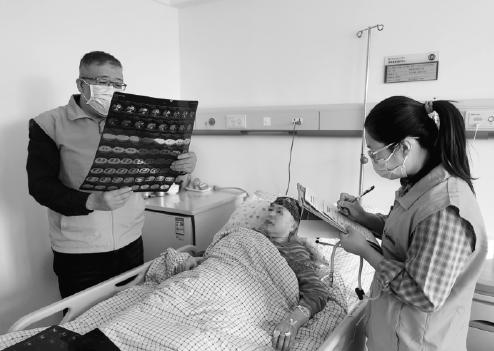
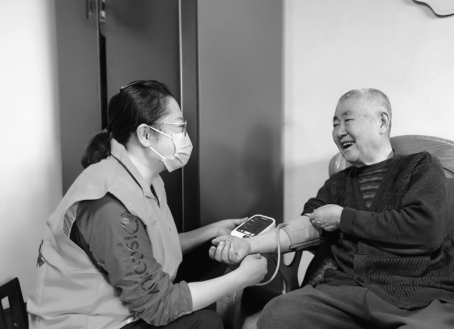
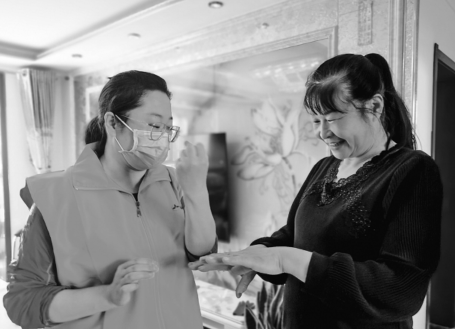
Today's Top News
- China, India to?start new round?of consultations
- Healthy China-India relations good for regional development and stability
- China achieves best performance at The World Games in Chengdu
- Books of Xi's discourses on adhering to deepening reform comprehensively published
- China holds 2nd rehearsal for event marking 80th anniversary of victory over Japanese aggression, fascism
- Foreign athletes embrace culture, innovation at Chengdu World Games


















